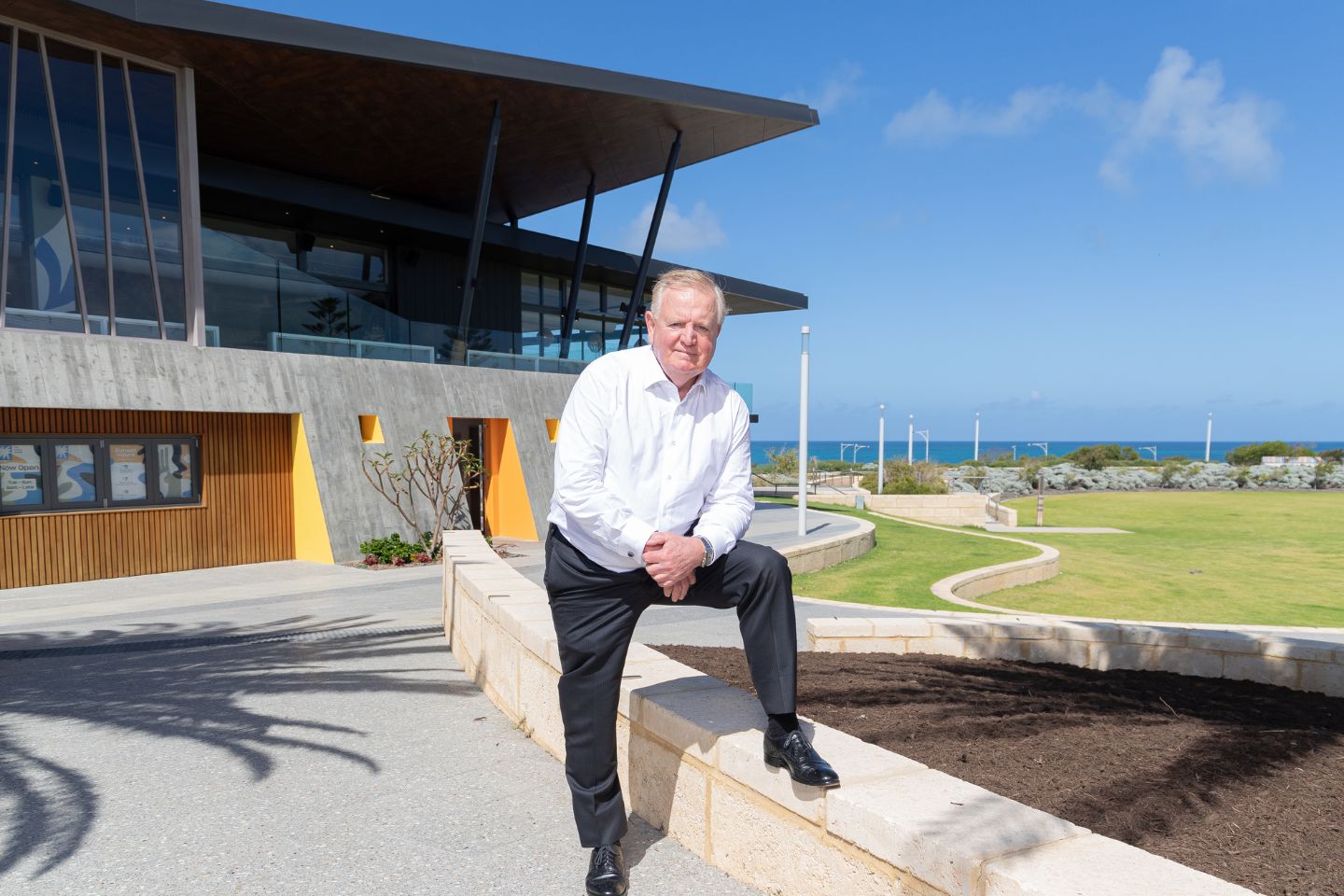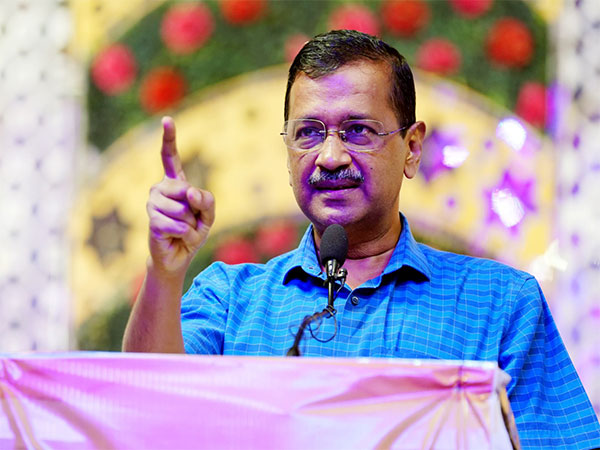
THE National Economic and Development Authority (Neda) Board approved on Wednesday, October 16, 2024, two new major infrastructure projects that are seen to further boost the connectivity and healthcare sectors. The board, which is chaired by President Ferdinand “Bongbong” Marcos Jr., approved during its 21st meeting the P37-billion Mindanao Transport Connectivity Improvement Project (MTCIP) as well as the P27.
92-billion Health Systems Resilience Project (HSRP). The MTCIP, which was submitted to the Investment Coordinating Committee (ICC) in July 2024, consists of five major components connecting Regions 10 (Northern Mindanao), 11 (Davao), and 12 (Soccsksargen). It involves upgrading and ensuring the long-term maintenance of the Cagayan de Oro-Davao-General Santos Corridor with road sections encompassing 277.
4 kilometers from Cagayan de Oro to Davao and 150.8 kilometers from Davao to General Santos City. Under the project, local roads will also be upgraded, including those from Sayre Highway (Patulangan) to Cawayan-Kibenton in Bukidnon; from Fatima Malabog Road to Saloy-Bantol-Davao-Bukidnon Road to Panabo City; and from the National Highway Junction in Poblacion Malungon to Sta.
Maria Road in Davao Occidental, totaling 129.86 kilometers. The project will be implemented by the Department of Public Works and Highways (DPWH) to be financed through an official development assistance (ODA) loan from the World Bank (WB).
“The project will enhance capacity, climate resilience, road safety, capacity building, institutional development, project management, and contingent emergency response measures,” Neda Secretary and Board Vice Chairperson Arsenio M. Balisacan said. “Through the MTCIP, we anticipate significant economic growth in Mindanao's outlying regions as improved transportation will make travel more accessible and ease the delivery of agricultural goods and services,” he added.
The HSRP Phase 1, on the other hand, aims to help the country generate savings from reduced hospitalization and reduction in premature mortality from non-communicable diseases through the strengthening of the local health system. The project will prioritize investments in 11 regions to strengthen service delivery and health emergency initiatives, particularly in geographically isolated and disadvantaged areas (Gidas) that currently lack access to primary care facilities. The board also approved the Policy and Criteria for the Selection of Purely Private Business Undertakings for Inclusion in the List of Infrastructure Flagship Projects (IFPs) and the Unified Resource Allocation Framework for WSS (URAF-WSS) submitted by the Committee on Infrastructure (INFRACOM).
The IFPs introduce amendments to the 2023 Guidelines for the Formulation, Prioritization, and Monitoring of the Government’s IFPs to incorporate the selection process for including purely private projects in the IFP list to ensure the private sector entities’ (PSEs) commitment to government monitoring should their projects be included in the IFP list. “The inclusion in the IFP list is expected to encourage, incentivize, and facilitate private sector investments in critical sectors in the country. PSEs may benefit from the advantages and incentives associated with being on this list, particularly in securing clearances, permits, and licenses, leading to a quicker implementation,” said Balisacan.
The URAF-WSS intends to address the inequitable delivery of basic WSS infrastructure caused by inadequate funding, low technical capacities of service providers, and institutional challenges. It is expected to rationalize and target allocation of available resources to expedite improvement and expansion of WSS services provision and promote leveraging of market-based financing, as well as leveraging grants/subsidies from the national government. The Neda Board also approved the Definition of Terms Used for WSS in order to address issues arising from the absence of a uniform set of data and classifications related to WSS agencies.
It also aims to align service level definitions with international standards to allow for a more comprehensive assessment and monitoring of the country’s progress in attaining targets related to water supply, sanitation, and hygiene such as the Sustainable Development Goals (SDGs). In a bid to further develop the healthcare sector, the board also approved the extension of the implementation period and change in scope of the Development Objective Grant Agreement for the Development Objective Improved Health for Underserved Filipinos project of the DOH and funded by the United States Agency for International Development (USAid). Responding to the issues on logistics and pharmaceutical management, shortages of qualified health professionals in underserved areas, and inadequate public sector capacity in policy development, financing and private sector engagement, the project is now extended to September 30, 2025, and will now encompass all 17 regions in the country.
(TPM/SunStar Philippines).










